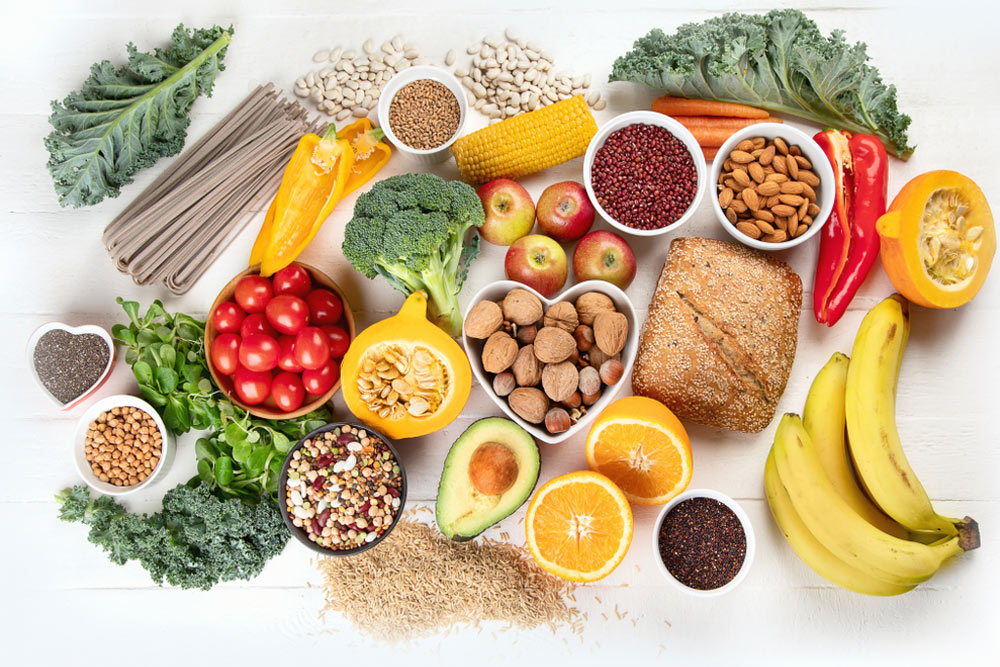
The gallbladder, a small organ beneath the liver, plays a crucial role in the digestive process by storing bile, a substance that aids in the breakdown of fats. However, various issues like gallstones or inflammation may lead some individuals to live without a gallbladder. Although it is possible to maintain a healthy life without this organ, dietary adjustments become crucial. We spoke to Dr Sanjay Kumar, General Physician, Cygnus Laxmi Hospital, Varanasi, who listed foods you should avoid after gallbladder removal to promote digestion.
Role Of Gallbladder In Digestion

The dietary adjustments required when the gallbladder is removed from the digestive system become clearer when one understands its function. “The gallbladder releases bile into the small intestine, aiding in the digestion and absorption of fats. Without this storage reservoir, bile is continuously released into the digestive tract, making it challenging for the body to handle large or fatty meals,” said Dr Kumar.
According to the Journal of Health, Population and Nutrition, a nutritious diet lowers the risk of gallbladder disease in individuals.
Foods to Avoid Without a Gallbladder
Dr Kumar listed foods to avoid for people without a gallbladder as follows:

High-Fat Foods
Fried foods, fatty cuts of meat, and rich desserts can overwhelm the digestive system without the gallbladder's assistance. Hence, opt for lean proteins and limit saturated fats.
Spicy Foods
“Spices and hot peppers may trigger digestive discomfort for individuals without a gallbladder. Therefore, you should gradually reintroduce spices and monitor their impact on your digestive system,” said Dr Kumar.
Also Read: Decoding Spicy Foods: Expert Lists Its Positive And Negative Effects
Dairy Products
High-fat dairy products, such as full-fat milk and creamy cheeses, can be challenging to digest. Choose low-fat or lactose-free alternatives to support digestion.

Processed Foods
Processed and packaged foods often contain hidden fats, additives, and preservatives that can be harsh on the digestive system. Opt for whole, unprocessed foods to promote digestive ease.
Large Meals
Consuming large meals can overwhelm the digestive system. Instead, opt for smaller, more frequent meals to facilitate the gradual release of bile and aid in digestion.
Strategies for a Gallbladder-Friendly Diet
Dr Kumar listed foods to include for a gallbladder-friendly diet as follows:

Fibre-Rich Foods
Add high-fibre foods like fruits, vegetables, and whole grains. Fibre aids digestion and helps regulate bowel movements, promoting overall digestive health.
Lean Proteins
Make sure you choose protein sources that are lean, like poultry, fish, and legumes. These options are easier on the digestive system compared to fatty cuts of meat.
Healthy Fats
Another thing to keep in mind is to include sources of healthy fats, such as avocados, nuts, and olive oil in moderation. These fats are easier to digest and contribute to overall well-being.
Hydration
Stay well-hydrated to support digestion. Water is essential for breaking down food and assisting the body in absorbing nutrients efficiently.
Digestive Enzyme Supplements
Consider consulting with a healthcare professional about digestive enzyme supplements. These can aid in the breakdown of fats and support the digestive process.
Also Read: Kidney Stones: 5 Early Signs You Should Not Ignore
Personalised Approach to Diet
"It's crucial to recognise that individuals respond differently to dietary changes after gallbladder removal. Therefore, adopting a personalised approach to diet is key", said Dr Kumar.
Monitor Symptoms
You should take note of how your body responds to different foods. If certain items cause discomfort or digestive issues, consider adjusting your diet accordingly.
Gradual Introductions
Introduce new foods gradually and in moderation. This allows you to assess their impact on your digestive system without overwhelming it.
Professional Guidance
Consult a qualified dietician or other healthcare expert for advice. They can provide personalised advice based on your specific needs and help you create a well-balanced diet.
[Disclaimer: This article contains information provided by a registered expert and is for informational purposes only. Hence, we advise you to consult with your healthcare provider to for a dietary plan tailored to your body type and medical history.]
How we keep this article up to date:
We work with experts and keep a close eye on the latest in health and wellness. Whenever there is a new research or helpful information, we update our articles with accurate and useful advice.
Current Version
